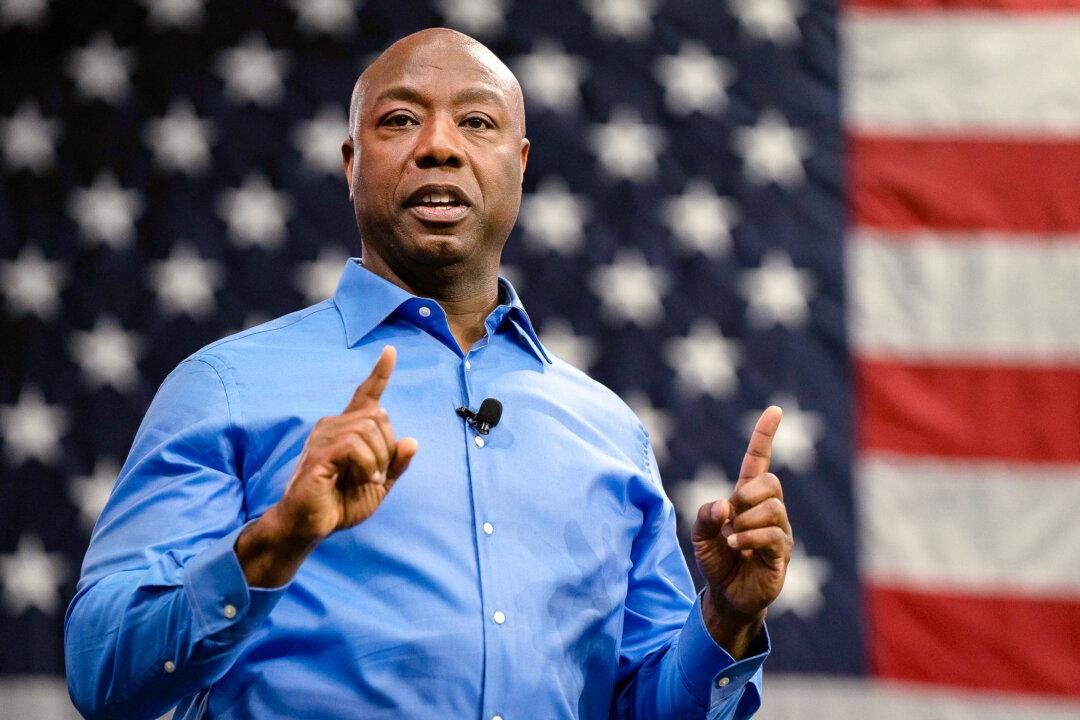Sen. Tim Scott (R-S.C.) wants to know who at the Department of Treasury approved searches of Americans’ private financial accounts for transactions for “religious texts”; which books, if any, were singled out; and why such purchases were assumed to indicate that an individual was involved in “domestic violent terrorism.”
In a Jan. 19 letter to Treasury Secretary Janet Yellen and Andrea Gacki, director of the Financial Crimes Enforcement Network (FinCEN), Mr. Scott said such searches “represent a flagrant violation of Americans’ privacy and the improper targeting of U.S. citizens for exercising their constitutional rights without due process.”





